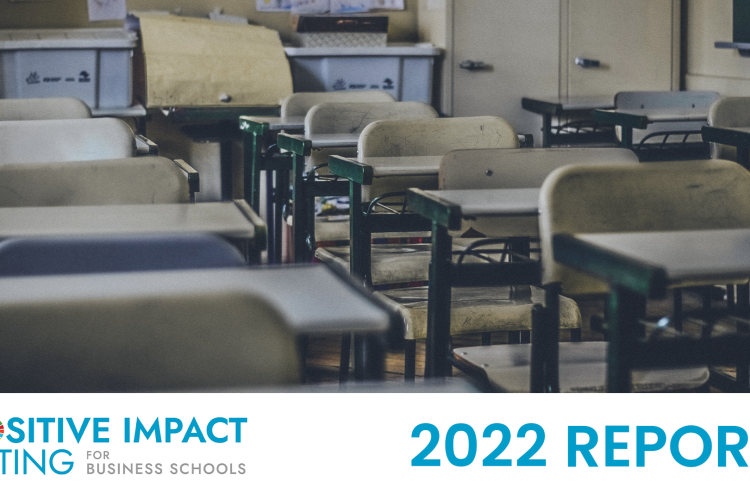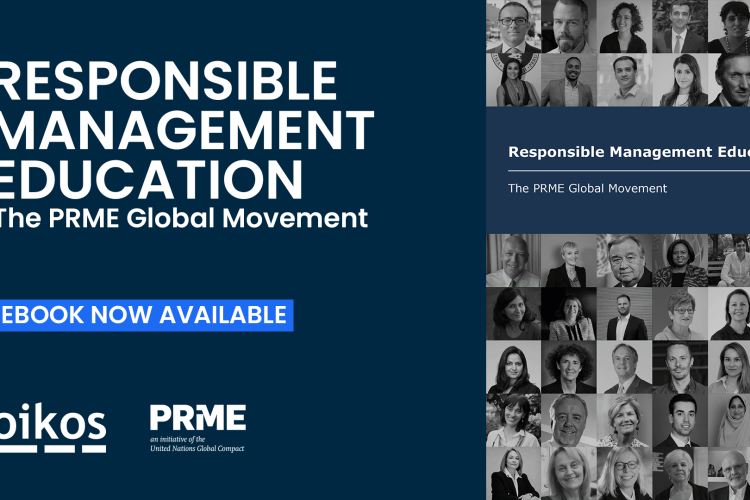Abstract
As a leader in sustainable finance in India, Yes Bank reached the milestone of mainstreaming sustainability within its core business principles with a vision of evolving as the ‘Best Quality Bank of the World in India by 2020’. The sustainable corporate performance of the bank focussed on the triple bottom-line ethos, wherein the three interlinked measurement elements — people, planet, and profit — were interwoven with its business strategy. According to Yes Bank, its sustainable finance initiatives not only assisted it in creating value for stakeholders but also had a long-term positive impact on the community as a whole. The sustainable finance guidelines of the bank enabled it to integrate social, economic, and environmental policies into its business framework, and this attracted investments from Foreign Institutional Investors (FII) and Foreign Portfolio Investors (FPI) for building a clean and green India. The bank’s active presence in areas like development banking, micro finance, financial inclusion, agriculture, and investment in sustainable ventures created an enabling environment for the most disadvantaged stakeholders in society to aspire for a sustainable future and also enabled the bank to come up with some innovative products and services. As a sustainability leader for India, the bank’s sustainable finance approach distinguished it from its rivals and helped it emerge as a leading bank in the country despite its being a late entrant into the market. However, the bank admitted difficulties in communicating its sustainable objectives to its stakeholders.
This case is designed to enable students to: 1) Understand the concept of sustainable finance and understand why new age banks like Yes Bank were focusing on the triple bottom line ethos; 2) Study and analyze the sustainable finance principles and practices of Yes Bank; 3) Discuss and debate whether the sustainability initiatives of the bank delivered tangible results in terms of having a social, economic, and environmental impact on the community in the long run; 4) Understand the key concern for Yes Bank — communicating its sustainability initiatives to stakeholders — and explore the ways in which it can address the issue.
[table id=132 /]




